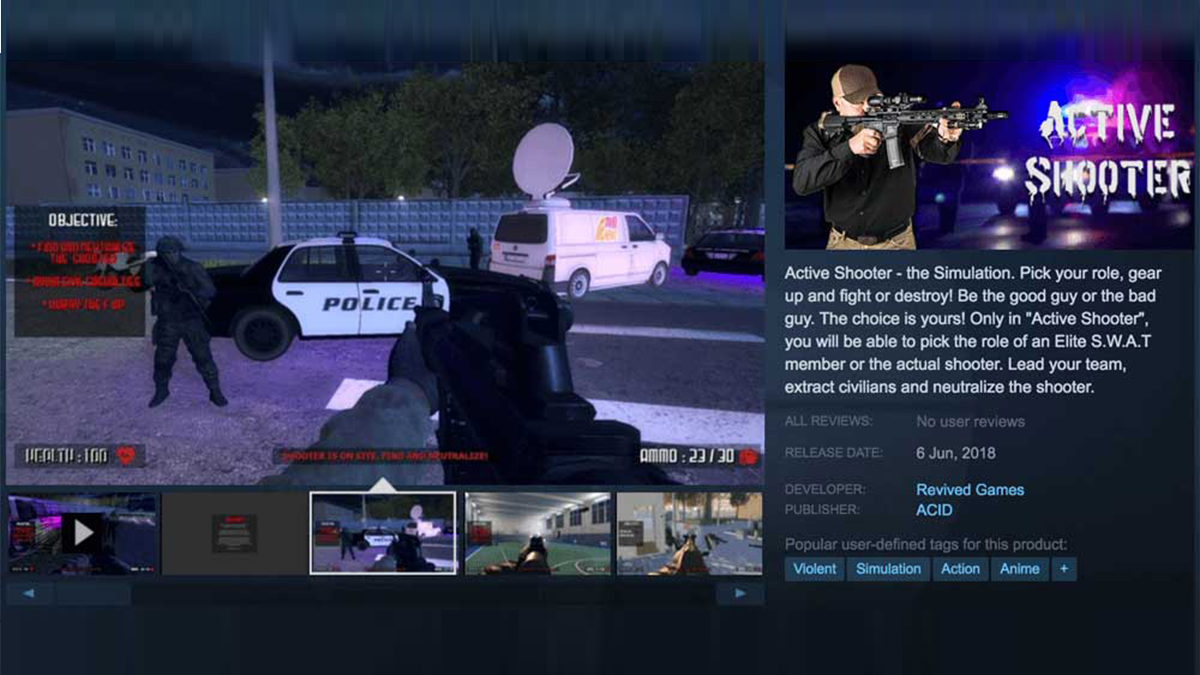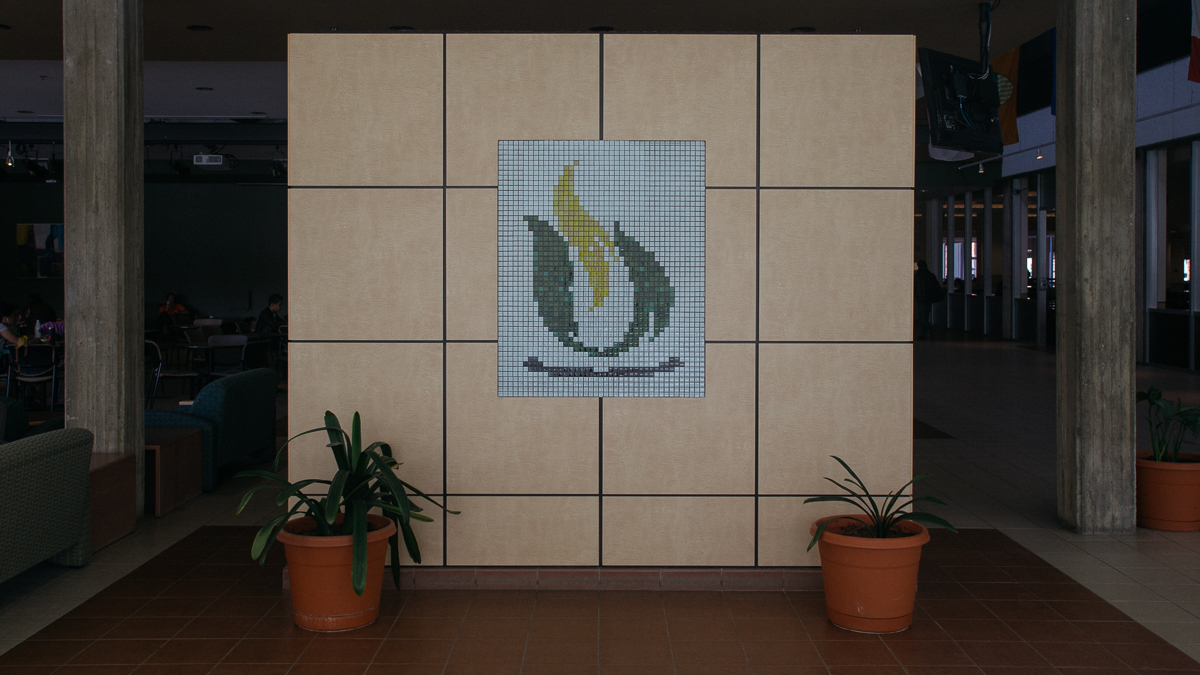The banning of ‘Active Shooter’ reveals the balance between censorship and freedom
 The Broopanda
The BroopandaUpon learning about a new video game on Steam that lets you play as a school shooter, it may appear that video games have become even more shameless and depraved than ever before. However, I contend that the real issue lies not necessarily within depictions of graphic violence in video games, but rather within the deficiencies of indie publishing on Steam.
Recently, controversy and criticism have fallen upon Active Shooter, an early-access tactical first-person shooter in which players can either be a SWAT member or the eponymous “active shooter” during a fictitious school shooting. The game was developed by Ata Berdiyev, who has been disparaged as a known troll and caustic developer. He had previously released other games with inflammatory titles such as White Power: Pure Voltage and Tyde Pod Challenge, used purely for shock value for otherwise benign and simple games. After significant backlash, Active Shooter was pulled by Valve from its digital distribution platform, Steam, and Berdiyev was subsequently barred from doing business with Valve.
Active Shooter was published through Steam Direct, a self-publishing system that allows indie developers to ease the expenses of publishing and expedite the approval process from Valve’s previous system, Steam Greenlight. With a fee of only $100, anyone can put up their game on Steam. With thousands of game submissions flooding in, it’s no wonder how something like Active Shooter, an amateurish, asset-flipped FPS made with the infamous Unity engine, could slip through the cracks. This isn’t a new phenomenon for Valve, which for years has struggled to reconcile indie publishing options with sustainability and content moderation.
Psychological studies have repeatedly shown that there is no proof of a causal link between video games and violence. Yet as always, gamers will cry out with vindictive fury to keep blood and boobs in their video games, while outraged parents and lawmakers will call for swift condemnation of violent video games for corrupting their youth. The problem is not the mere existence of a game like Active Shooter, lest we forget the existence of the Entertainment Software Ratings Board (ESRB). Situations like the Active Shooter controversy offer us valuable opportunities and insight into the delicate balance between censorship and artistic freedom.
Violent, obscene, or otherwise abhorrent media will always permeate modern society. Naturally, there is a temptation to censor or ban gaudy and offensive pieces that offer nothing intelligent or worthwhile. I believe that it is our collective responsibility to exhibit and choose media that respects the ever-evolving nature of our society’s morality, ethics, and decency. In this case, Valve was correct and within their legal right to remove Active Shooter from its platform because it doesn’t respect its values and principles as a company. However, like that old criminal adage about the guilty going free rather than letting the innocent suffer, downright censoring or banning violent or hateful media runs the risk of suppressing truly creative and bold art that advances our understanding of such themes. Developers, publishers, and consumers alike should always be able and willing to create and engage with transgressive art that is unafraid to explore uncharted territory and reconstruct old social mores into new ones.




